Marketing and Human Resources might not seem like the most obvious pairing, but they have more in common than you might think. Both are responsible for building and maintaining a company’s brand, and both rely on effective communication to achieve their goals. There are many reasons that the two departments should work together. Let’s take a look.
1. A strong employer brand attracts top talent.
In today’s job market, it’s not enough to simply offer competitive salaries and benefits. Top candidates are looking for companies with a strong employer brand that aligns with their values and aspirations. HR and Marketing can work together to create an employer brand that attracts and retains the best employees.
In 2021, Nike announced its new “Move to Zero” initiative, committing to becoming a carbon-neutral company by 2025. This not only helps reduce the company’s environmental impact but also aligns with the values of its staff and many top job candidates who prioritize sustainability and corporate social responsibility.
2. A consistent brand message builds trust.
Consumers and job candidates are more likely to buy into a brand’s message if it feels authentic, and one way to ensure that is to present that message consistently across all channels.







